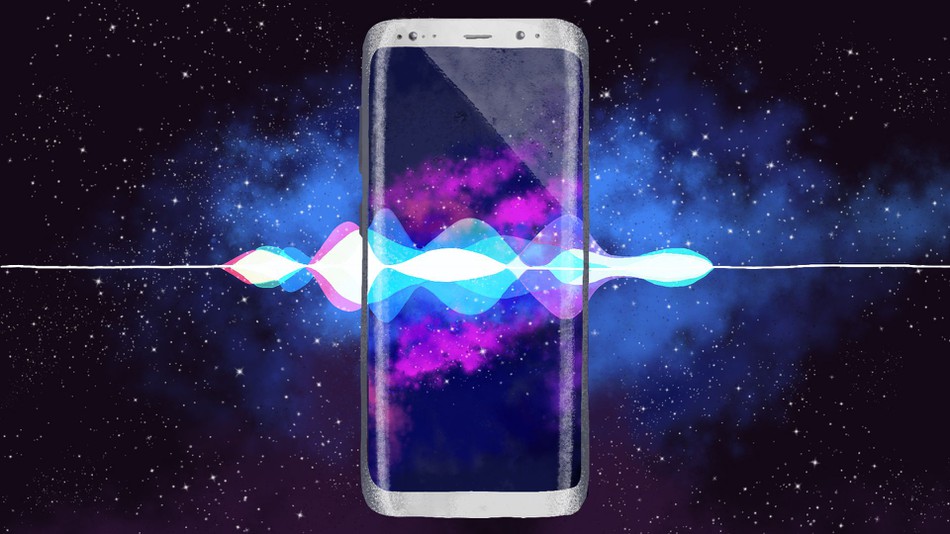Bixby, Samsung’s much-talked about voice assistant, is facing serious delays with its English version due to lack of data compiling. It strives to control all of the company’s digital devices and home appliances. Bixby artificial intelligence is mainly dependent on data gathering and analyzing for deep learning solutions. It takes time to learn and adapt to new situations and problems, and Bixby seems to be struggling with multilingual skills.
Currently, it is available only in Samsung’s home market and functions well in the Korean language. Samsung’s mobile chief Koh Dong-jin said in April that Bixby’s English version and Chinese version will be launched in May and in June, respectively.
Bixby was released along with Galaxy S8 and Galaxy S8 Plus earlier this year, but the voice activation part was not fully functional in English.
Bixby is touted to be the USP of the two flagship smartphones launched this year but failed to garner any acclaim in many markets due to its continuous struggle over learning the English language. The deadline has been pushed twice so far. The source confirms that the beta test for the English version was made available last month to select Samsung S8/S8 plus customers in the US. The beta has fetched mixed responses due to unsatisfactory result in terms of responding to requests and questions.
The study says that there are a couple of primary reasons for the extended delay – first being data accumulation. Secondly, the communication barrier within Samsung’s Engineer working in California and the headquarters at Korea is slowing down the engineering effort. Though there is no detailed information available around these, it is claimed that learning and integrating English grammar is more of a challenge. Recent updates do not provide any concrete information on how long the Seoul-based electronics manufacturer will take to develop a stable version of Bixby – English.
Not all the technology obtained from the start-up company Viv Labs, creators of Siri, has not been used in the development of Bixby, but Samsung confirms that it will be used when Bixby is closer to completion.
Ovum, a London-based consultancy, predicts that Bixby will grow to become the second-largest voice assistant service by 2021, and foresees user base to exceed 7.5 billion active devices by then, more than the current world population.
Thanks for visiting! Would you do us a favor? If you think it’s worth a few seconds, please like our Facebook page and follow us on Twitter. It would mean a lot to us. Thank you.



